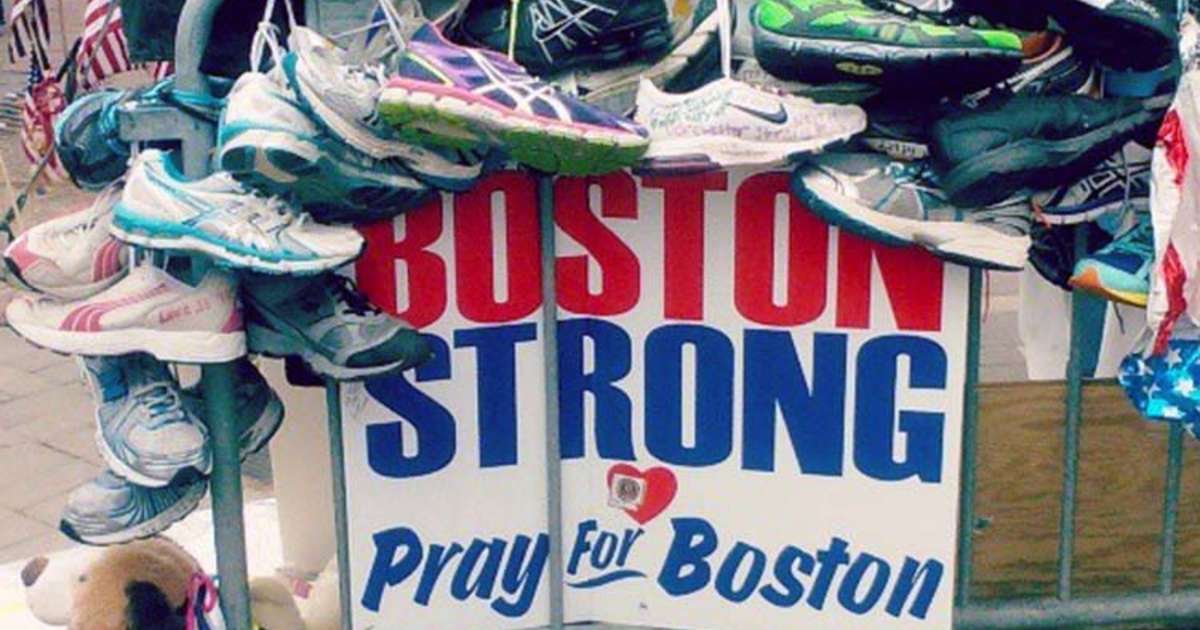Life at Its Worst…Healthcare at Its Best
April 10, 2014
The response of the Boston community and its hospitals in the aftermath of the Marathon bombings serves as an example of health care at its very best.
With the endless challenges and changes taking place in the market, it’s easy to lose track of what health care is really all about. It’s easy to forget about that special magnetic quality that has drawn so many to a life dedicated to serving others and the amazing things that they have accomplished. At a time where headlines in health care are usually about issues such as the Affordable Care Act, meaningful use, accountable care, market consolidation, the latest patch to the Medicare sustainable growth-rate formula, and possibly the most recent ICD-10 delay, the simple truth is that none of those are really about either “health” or “care.”
But one year ago, on April 15, 2013, at the 117th Boston Marathon, we got a reminder of both life at its worst and health care at its very best.
There was one explosion.
And then a second one.
Stunning. Horrific. Heartbreaking.
But due to the wonderful essence of the human spirit, in that chaos, something amazing was also happening. Instead of running away to save themselves—a normal and expected response—many immediately ran in to help others.
Three spectators died immediately. Then, more than 260 injured patients were taken to Boston area medical centers, including Beth Israel Deaconess Medical Center, Boston Children’s Hospital, Boston Medical Center, Brigham and Women’s Hospital, Massachusetts General Hospital, St. Elizabeth’s Medical Center, and Tufts Medical Center.
Most had never seen anything like this—a war zone at their door. All responded; heroically.
And because they were there and because of their care, not a single person who was alive when help arrived that day passed away. Not one.
That moment, heroism in the face of tragedy, serves as a reminder to all of us of health care at its best.
But for me, this story is also personal. I had qualified for the 2013 Boston Marathon. My wife and our two children would have been at that finish line. Life got in the way, and I decided not to run. As I watched the news coverage in shock and horror, although I was struck by the selfless heroism of those who helped, it didn’t actually surprise me.
Twenty years ago, when I ran my first Boston Marathon, I was the one who collapsed. I was the one who was picked up by strangers who didn’t hesitate to help. I was the one who was treated by caregivers—two nursing students, Flo and Gerry, who cared for me in the medical tent at the 25 mile mark for an hour and then walked to the finish line with me.
And now, in 10 days, I will step to the starting line with 36,000 runners for the 2014 Boston Marathon. My wife and our children will also be there, along with a crowd that they estimate will be 1 million spectators, more than they have ever had.
It has been a year since that horrible day in April. In that year, it has become clear to everyone that something that could have pulled a city apart has made it that much stronger.
Health care is about saving lives and making them better. For all of us who have been fortunate enough to spend our careers in health care, this one tragic day in Boston also provided us a reminder of what health care looks like at its very best.
